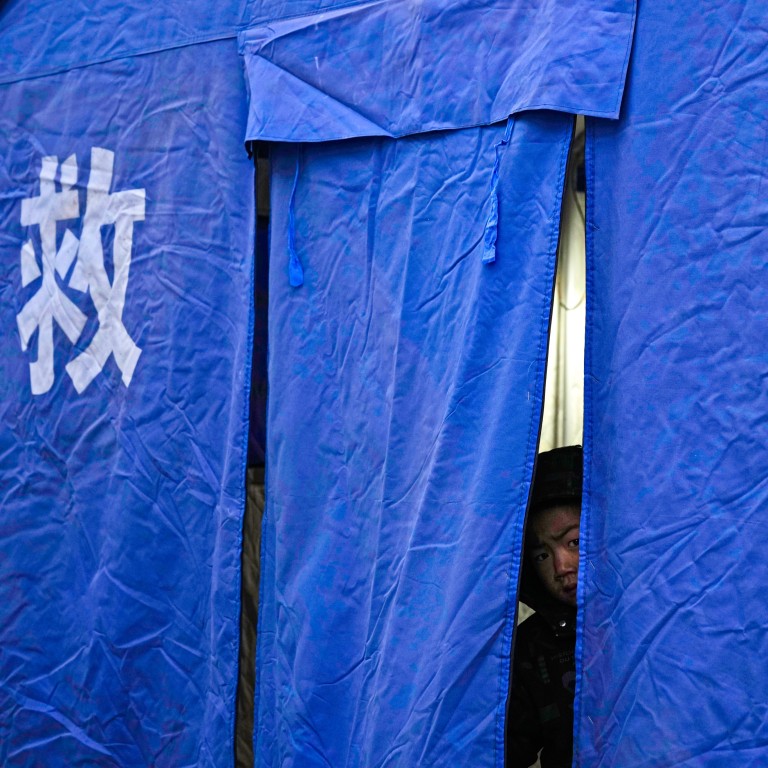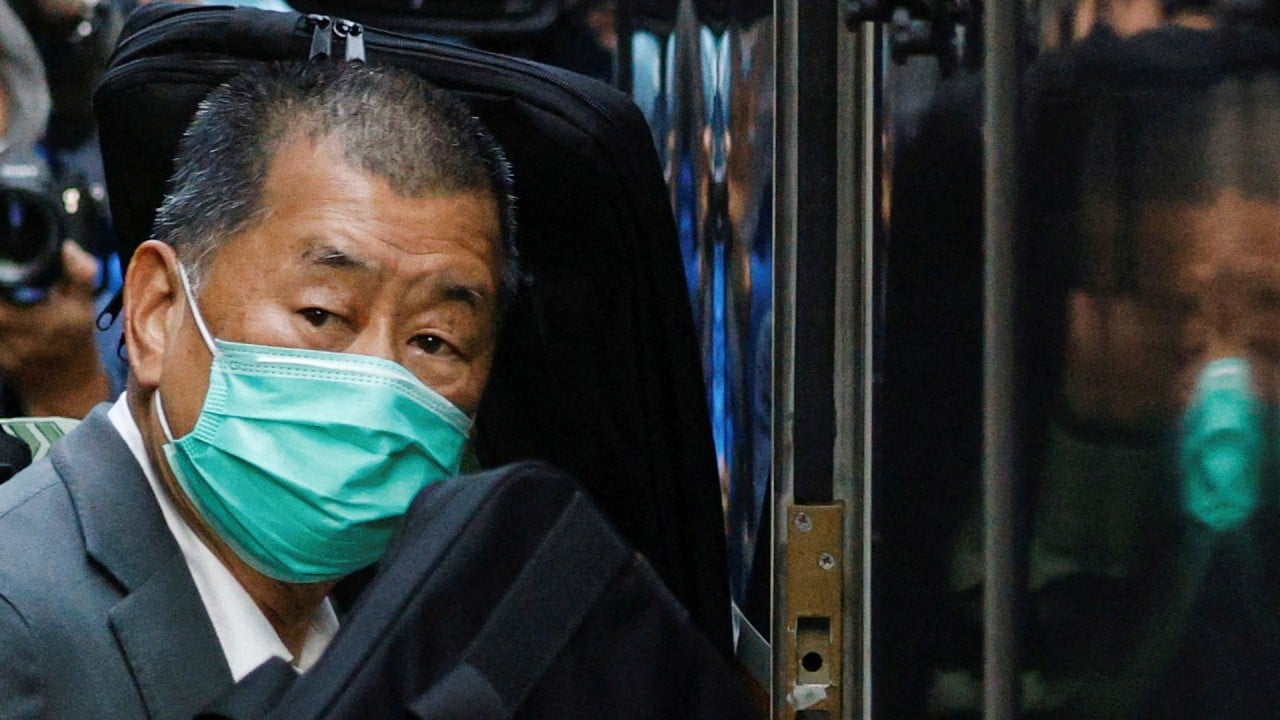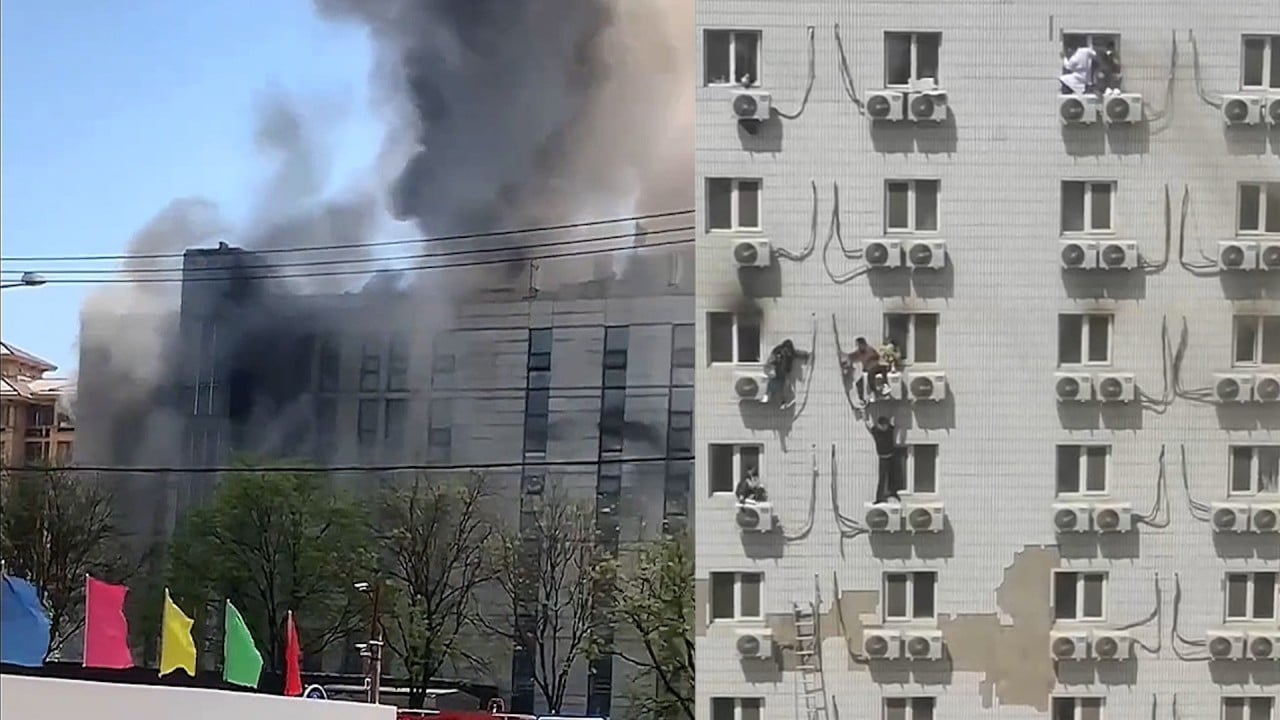
China’s emergency law amendment may curb media reporting on disasters and accidents
- NPC releases draft amendment to the Emergency Response Law: ‘no institution or individual shall fabricate or spread false information about emergencies’
- Draft guarantees government’s right to release information, but ‘the media’s right to interview and publish information should also be guaranteed’: ex-academic
The draft proposes the establishment of a “news interviewing and reporting system”, as well as “supporting news media to do reporting”, without elaborating on what that means.
Media analysts say the law could limit media coverage of emergencies, but its effectiveness would depend on how the government enforces it.
It requires the government to provide timely information about emergencies and its “decisions, orders and measures”.
However, the amendment also strictly forbids “any institution or individual” from fabricating or spreading false information about emergencies and requires the government to clarify any information that it becomes aware of “that may affect the stability of society”.
In a separate provision, the amendment adds a requirement to establish a “news interviewing and reporting system” and vows that the authorities would “serve and guide” and “support” the media.
Will China’s top legislative body shed new light on fates of sacked ministers?
News coverage of emergencies should be “timely, accurate, objective and impartial,” the draft says. The media will also be required to publicise how to respond to emergencies and to “monitor” violations of the law.
But the amendment does not explain what penalties someone who publishes false information would face, or details of the news reporting system. It also does not define what constitutes publishing false information “on purpose”.
According to the law, emergencies include natural disasters, accidents, public health emergencies and social security incidents.
The State Council, China’s cabinet, or a department authorised by it, has the power to define emergencies and can also decide how serious the accident or disaster is, based on casualties and losses.
China does not have a press law but Beijing monitors media coverage through various regulations, including massive online censorship and strict controls on media qualifications.
In recent years, the media has often been required to wait for and publish briefings from officials or state media and are not encouraged to investigate emergencies.
Zhan Jiang, a retired professor at Beijing Foreign Studies University who closely tracks media issues in the mainland, said the draft’s provisions on “false information” were “too vague” and could restrict journalists’ work.
“Breaking news develops very quickly, and what the media report may not be 100 per cent in line with the official briefing, so you can’t say that the media have published false information,” Zhan said.
He added that the draft guarantees the government’s right to release information, but “the media’s right to interview and publish information should also be guaranteed”.
Fang Kecheng, an assistant professor at the school of journalism and communication at the Chinese University of Hong Kong, said the law “will not have a fundamental impact soon”.
Fang said the new regulation also mentioned the need for “timely” reporting and “monitoring” of public opinion, so “it depends on how it’s implemented”.
AI advances boost online disinformation, censorship and surveillance: report
In addition to the provisions on reporting, the bill proposes that the government can requisition personal property as emergency supplies and deliver compensation later. Authorities could also restrict people’s movement in response to emergencies.
NPC spokesman Zang Tiewei said on December 22 that the regulations on press releases were to “clarify the contents and ways of publishing”.
Zang added that the law, if passed, would serve as a “foundation” for China’s response to emergencies.



